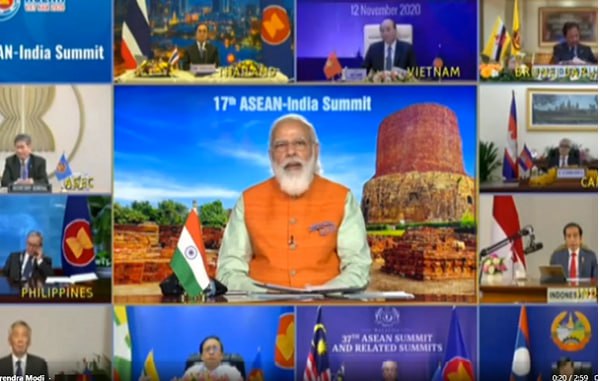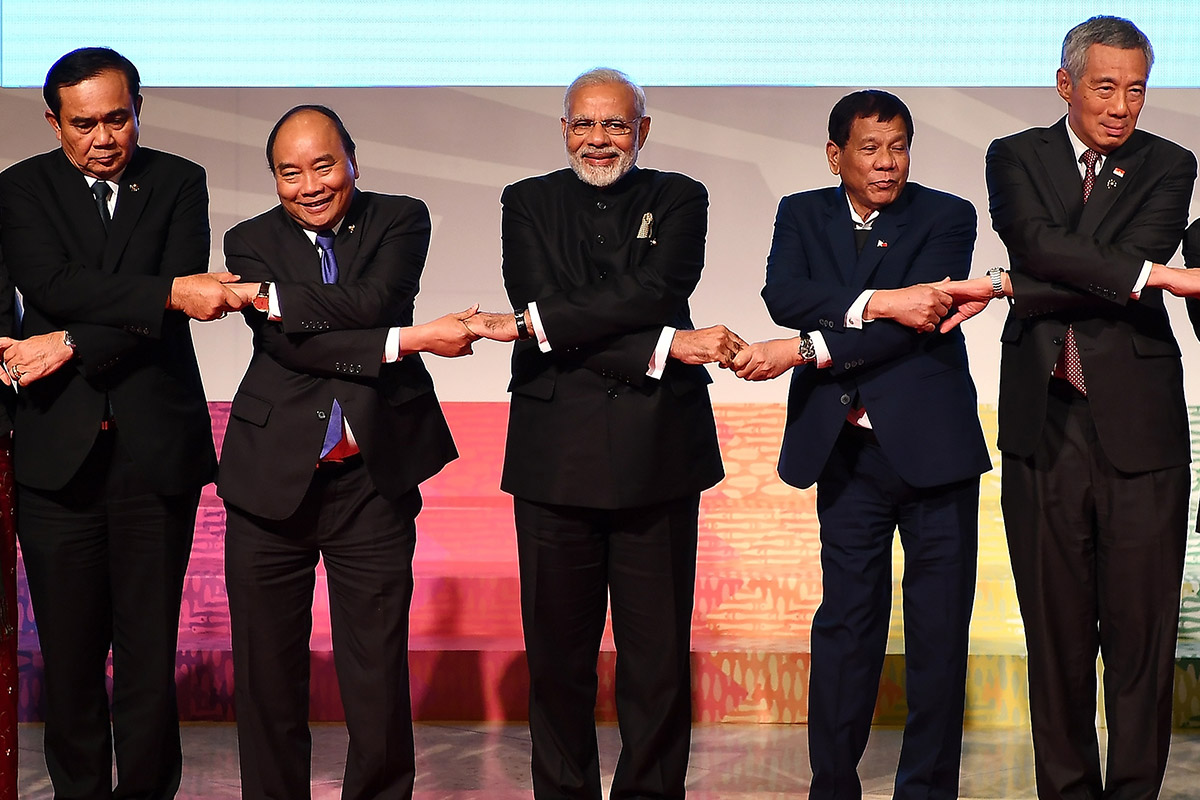India faces a delicate balancing act as it prepares to review zero-duty imports under its free-trade agreement with Southeast Asian nations.
On one hand, domestic businesses are anxious about cheap imports flooding the market. On the other, New Delhi must safeguard its strategic interests in maintaining ties with Asean.
Economists like Biswajit Dhar, a professor at the Council for Social Development in Delhi, warn that the FTA has provided a back door for China to route duty-free supplies into the Indian market, eroding the competitiveness of local companies.

“While there is a case [to raise import duties], we will have to tread carefully,” Dhar said. “Any talk of increasing duty will be like jarring notes,” he added, noting that FTAs also signify strategic partnerships that extend beyond just economic ties.
India’s coming talks with the Association of Southeast Asian Nations, scheduled for July 29-31 in Jakarta, will test its ability to strike this balance.
The Asean bloc, which includes some of the region’s fastest-growing economies, presents a formidable challenge for India. Chinese firms have a strong presence across the 10 nations – Indonesia, Malaysia, Singapore and Thailand among them.
In the broader context of maintaining strategic partnerships, Delhi should avoid taking drastic measures to avoid pushing the bloc deeper into Beijing’s rival sphere of influence, Dhar warned.
Bilateral trade under the Asean-India Trade in Goods Agreement reached US$122.67 billion last financial year. The pact, signed in 2009 after six years of negotiations, aims to achieve a free flow of goods and deeper economic integration.
But Delhi is concerned that this trade is skewed in favour of Asean, which is a formidable manufacturing powerhouse. Much of India’s trade under the agreement is directed towards Singapore, Malaysia, and Thailand.
Source: SCMP




